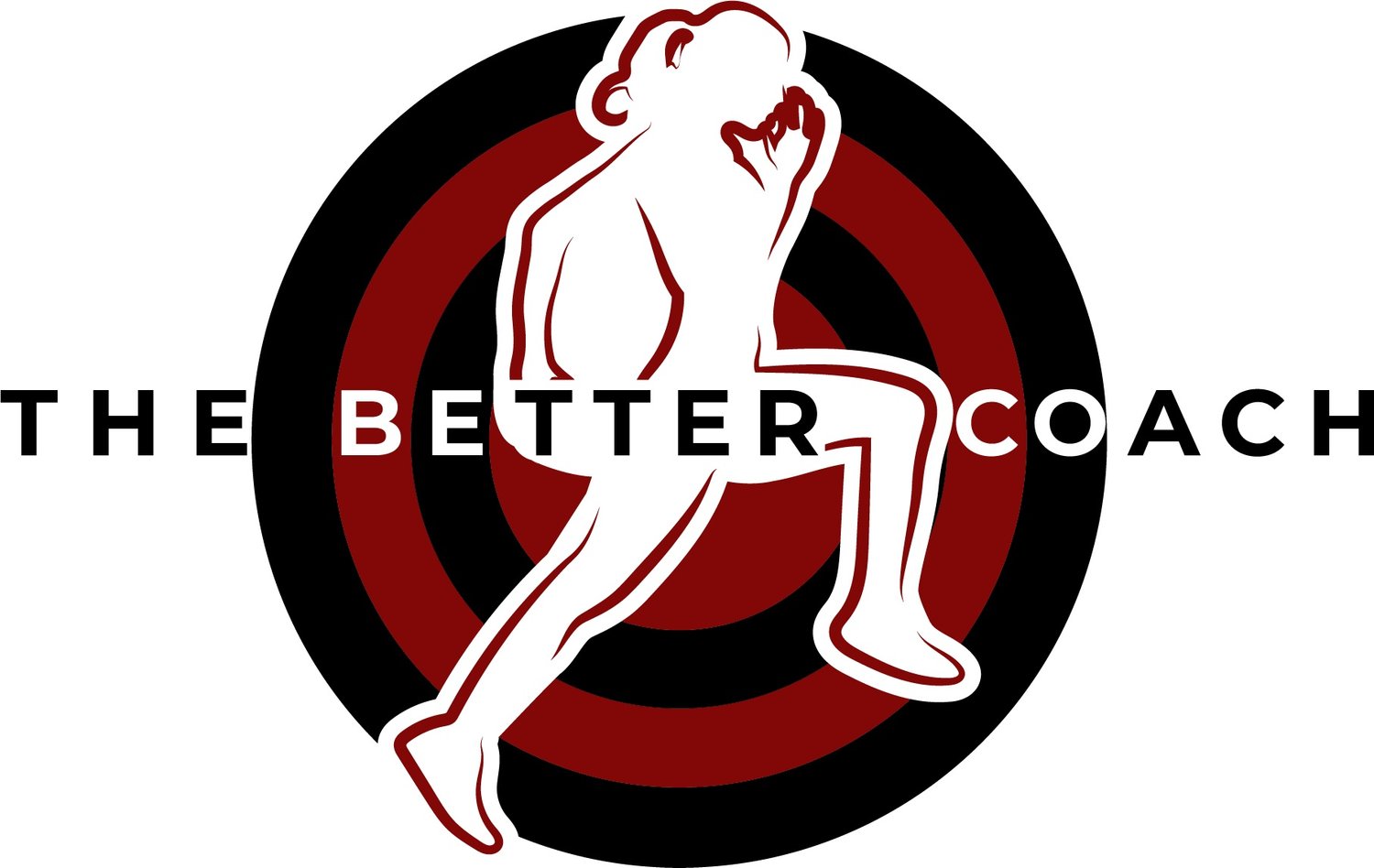Stop Using Exercise As Punishment
Let’s talk about it.
Image from @thebettercoach on the better ‘gram
Stop using exercise as punishment.
This includes if someone is late, if someone loses a game or drill, if someone is not trying hard enough, if they failed a test, if someone is talking too much and creating distractions, or anything else you can think of.
Exercise as punishment is not going to solve any of those issues. What will help solve those issues is getting to know your athletes so you can communicate effectively and build relationships with them . Exercise as punishment will lead to disrespect, injury, and creating poor relationships with sports and exercise.
This post is going to discuss exercise as punishment in regards to competition, if someone loses a game or a drill. I am all for competition. Competition is a great way to get athletes to realize and utilize their max efforts. But if you want your competition to have such high stakes involved, having the loser do extra laps is not how to do that. Having the loser do extra laps is a good way to heighten the risk of injury.
Keep in mind that there is no one size fits all way to create a highly competitive environment.
For example, I wanted to be a four-year Varsity athlete in high school. I was intrinsically motivated to achieve that. Intrinsic motivation means that my motivation came from within. I did not need to get an outside reward in order to feel achievement from accomplishing this.
Someone else might not be motivated as intrinsically. They might be more extrinsically motivated, which means they are more attracted to the special jackets my high school gave out for Varsity athletes. Neither of these types of motivation are right or wrong, it’s just how we are wired. And sometimes motivation for an individual or situation is on a spectrum between intrinsic, extrinsic, and other types of motivation.
Our job as coaches is to get to know our athletes. A good starting point is to figure out each one of our athletes’ why’s. One motivation tactic will work for a certain athlete(s), but not all of them. Maybe circumstances will change that. And maybe, as coaches, we can work on creating a competitive, respectful environment with such great buy-in, that competition stakes will be raised naturally.
In the meantime, here are some alternatives to using exercise as punishment for losing a game or a drill:
The loser(s) sings a quick song verse in front of everyone.
Why is this more effective than those 10 lousy* push-ups? It gets your athletes out-of-comfort their zones, and you might learn a thing or two about your athletes outside of sport as well as their teammates.
The loser(s) must do the hydration challenge you come up with for this week.
Why is this more effective than those 5 sloppy* burpees. It helps develop habits outside of training. You can even invite the others to join and build community.
The loser(s) have to do a social media fast.
Why is this more effective than those useless* sit-ups? It creates less screen time, which means more productive time in all areas of life.
Lousy + sloppy + useless = injuries
I do want to point out that I notice all of these have the loser doing something. Remember, this article is about how to replace extra lousy, sloppy, and useless reps of exercises for losing a game or drill.
Yet, it reminds me of a passage in Inside Out Coaching by Joe Ehrmann (coaches, you need to click that link if you have not read his book). He points out the after-game handshake ceremony “has become hollow and lackadaisical. The ‘winners’ often go through the line smug in their superiority while the ‘losers’ endure feelings of inferiority. Most players have never been taught the purpose of this ritual: to honor your competitors for setting the bar of excellence.”
This brings me to my final suggestion for how to replace exercise as punishment…
Both the winners and losers must give each other feedback. What is one thing the other teammate did well? What is one thing they could have done better?
Why is this more effective? It helps create an environment that strives toward better, facilitates respect, and starts to set the bar of excellence. I have even done this tactic with 7 year olds. Kids are never too young to build growth mindset (there is a whole book that as well —> Mindset by Carol Dweck, PhD).
Any others? Drop them in the comments below!
If you are located in Central New Jersey and interested in working with Alana, please fill out the form below. You can also ask about my remote services.
I also have graphic design and video editing services for my fellow coaches. Fill out below and ask!



